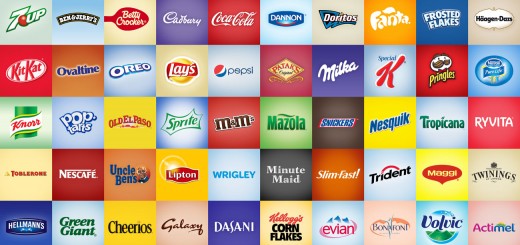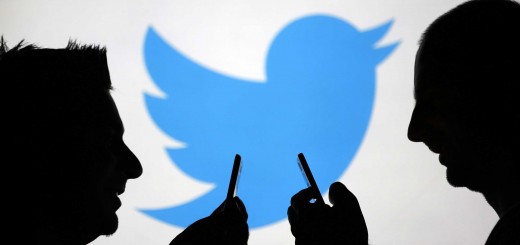Bonin Bough & Carolyn Everson on why mobile matters for brands
As the digital story unfolds, debates have sparked on whether we are still living a digital revolution or has the revolution already made way for evolution. New norms are dictating what finally matters. The one area that is not contested anymore however is that mobile is the single, most important change to have happened. The sentiment was echoed by Carolyn Everson, Vice President, Global Marketing Solutions, Facebook in a session at dmexco 2014, where she was sharing stage with Mondelez’ Vice President of Global Media and Consumer Engagement, Bonin Bough.
Digital Market Asia is dmexco’s exclusive media partner for Asia.
Connectivity & Personalisation
“Mobile is also the most profound change that has happened to us in our life as marketers and business leaders. What matters more is that consumers led the mobile revolution, not the industry. Facebook had started off as desktop company but we had to fundamentally change our business as more consumers joined us on mobile devices,” stated Ms Everson, reminding that Facebook now is a mobile first, aiming to be a mobile best, company.
Ms Everson’s sophistication of thought was matched by Mr Bough’s spark and energy as he pointed out that consumers, organisations focussed on human behaviour and even religious institutions understand mobile but large businesses haven’t moved quickly enough. “There are 5.1 billion mobile users in the world in comparison to 4.2 billion that own a toothbrush. While this means is that a billion people did not receive messages for cleaning their teeth, it also means mobile has scale,” Mr Bough said.
“The invention of mobile may have been done with the intention of sharing voice but it created an entire ecosystem of connected devices. There are studies that suggest that by 2020, all FMCG goods would be connected. We are perhaps headed to becoming the largest tech company in the world and yet we don’t think like one,” he remarked.
For many years, the industry debated on when would be the year of mobile. Ms Everson argued that the lines were crossed in 2013. According to an emarketer survey, digital crossed TV last year in hours of time that consumers spent and mobile was the biggest driver of the acceleration of the process.
“The potential is still immense. Of the seven billion people, only a third is connected to the internet. At Facebook, when Mark Zuckerberg said we wanted to connect the world, he meant the world. Today we focus on two big issues that we believe will connect the next billion, and then the next. These are data cost and awareness,” Ms Everson informed.
Facebook’s thought process has seen it undertake various initiatives that saw the social network be present on feature phones, factor in data speeds in emerging markets and even choose messaging depending on such parameters to ensure that people had a good user experience on mobile. This has allowed it to truly bring personalisation with scale.
“Devices are incredibly more personal. They are extension of individuals, and people take them everywhere. We have access to data that give us very granular insights and we understand that the phone is about people not pixels,” reiterated Mr Everson as she explained that Facebook brought the unique identity of people to the mix that marketers could target and more importantly measure.
Story telling & the marketing future that is here…
One of the biggest trends that Facebook is witnessing is the growth in video consumption. The recent ALS challenge is one example of how people engage with videos and this has allowed brands to use the platform to tell stories and reinvent themselves as publishers.
Mr Bough cited the case study on how consumer feedback was used in shaping the creative for Nilla Wafers. “This was an example of reinventing creative and targeting media buying. We grew the business significantly by marrying Facebook and TV and getting results that are moving business,” Mr Bough divulged.
Mr Bough also informed that Mondelez was partnering with Facebook for an emerging market mobile accelerator that would begin with Philippines and Indonesia for Cadbury and then be scaled across markets.


